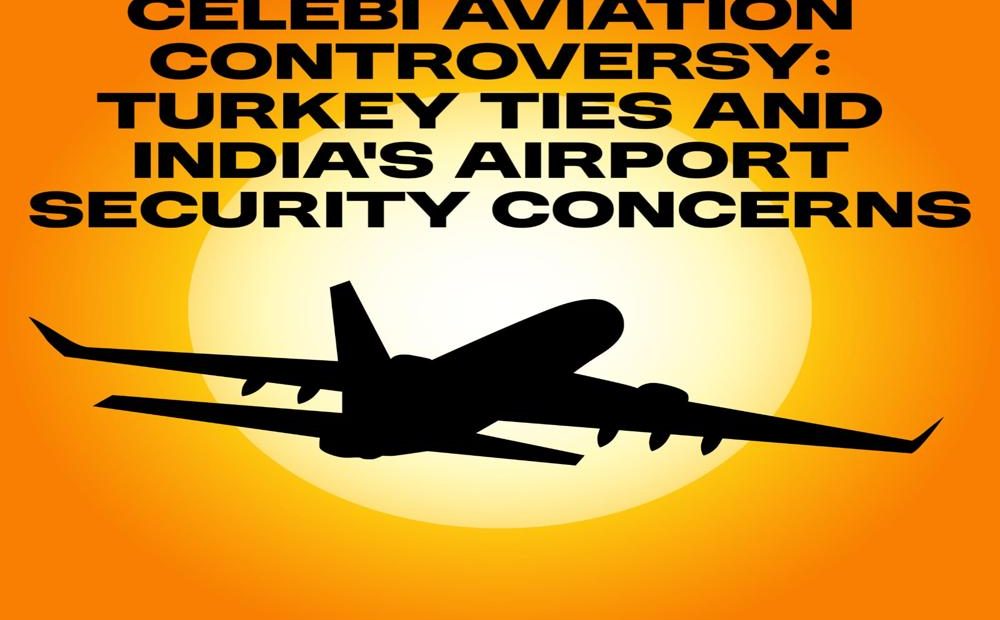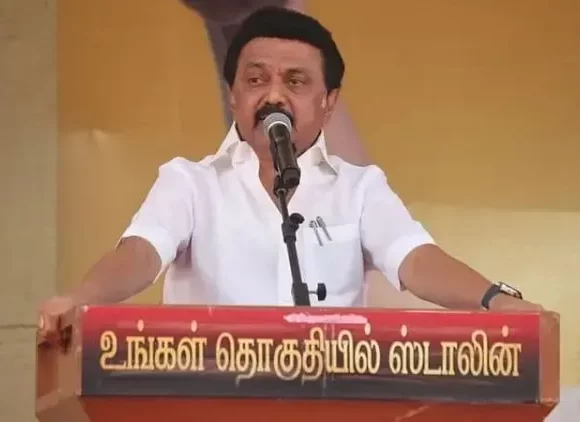
Breaking Down The News: Why Celebi Aviation is Under Fire in India
A Turkish ground-handling company, Çelebi Aviation, has come under sudden and sharp scrutiny in India amidst intensifying geopolitical tensions and fresh revelations on social media. With growing calls for its removal from several Indian airports, including those with military and VIP access, the public discourse has shifted to national security concerns and the integrity of airport operations. But who is Çelebi, how did it come to operate at strategic Indian airports, and why is its presence controversial in 2025?
The controversy gained traction following a viral social media post claiming that Çelebi, which manages ground and cargo operations at nine Indian airports, is partly owned by Turkish President Recep Tayyip Erdoğan’s daughter, who is married to Selçuk Bayraktar — the man behind Turkey’s Bayraktar drones. These drones, as the post points out, have been exported to Pakistan and allegedly used in operations against India. The implication: someone directly linked to weapon systems deployed against Indian forces also has a stake in cargo terminals operating adjacent to the Prime Minister’s aircraft, VIP flights, and intelligence operations.
While the claim about Erdoğan’s daughter owning Çelebi lacks credible public documentation and appears unverified, other details have proven accurate. Selçuk Bayraktar is indeed Erdoğan’s son-in-law and heads Baykar, the manufacturer of the widely used TB-2 drones. These drones were showcased in Pakistan’s inventory and have figured in recent tensions. Moreover, Çelebi does operate cargo and ground handling facilities at Delhi Airport — including Terminal 2’s cargo complex, which is geographically close to the Air Force’s VIP apron and critical logistics areas.
So how did Çelebi get such deep operational access in India? The company entered India in 2008 through a formal bidding process and won contracts for ground-handling services at Mumbai’s Chhatrapati Shivaji International Airport. This happened under the UPA government, with then-Civil Aviation Minister Praful Patel — now part of the BJP-led NDA alliance — overseeing the ministry. Over the years, Çelebi expanded to other airports including Delhi, Hyderabad, Bangalore, and Cochin. In some locations, especially Delhi, it even secured a 25-year concession valid till 2034.
Security clearances for such firms are granted by the Bureau of Civil Aviation Security (BCAS), and Çelebi last received clearance in July 2020, valid for five years. However, clearance does not mean immunity from scrutiny. The Shiv Sena (Shinde faction), a BJP ally in Maharashtra, has now demanded that Çelebi’s contracts be terminated, citing the geopolitical situation and Turkey’s strategic alignment with Pakistan. They issued a 10-day ultimatum to Mumbai International Airport Limited (MIAL), demanding decisive action.
Adding to public unease is the claim that many Turkish Airlines pilots are ex-Air Force personnel. While this isn’t illegal, it raises eyebrows in the context of foreign access to highly sensitive airport environments, especially if airline employees or contractors have past military ties in nations strategically opposed to India.
The core concern is not about ground handling in general, but about who is handling the ground — at airports where critical defence, intelligence, and VIP movements occur. Even if ownership claims are exaggerated, the sentiment behind them is resonating with a wary public. The optics of a Turkish firm with links to Pakistan’s drone supplier operating next to India’s most sensitive aircraft have triggered understandable anxiety.
India must now conduct a transparent security audit of Çelebi’s role. This should not be a witch hunt — but a procedural, fact-based investigation. If there is any leakage of sensitive information, unauthorized access, or proximity violations, the company’s operations must be re-evaluated and, if necessary, terminated. National security demands more than just technical compliance; it requires contextual awareness, especially in the age of hybrid warfare and geopolitical proxies.


















